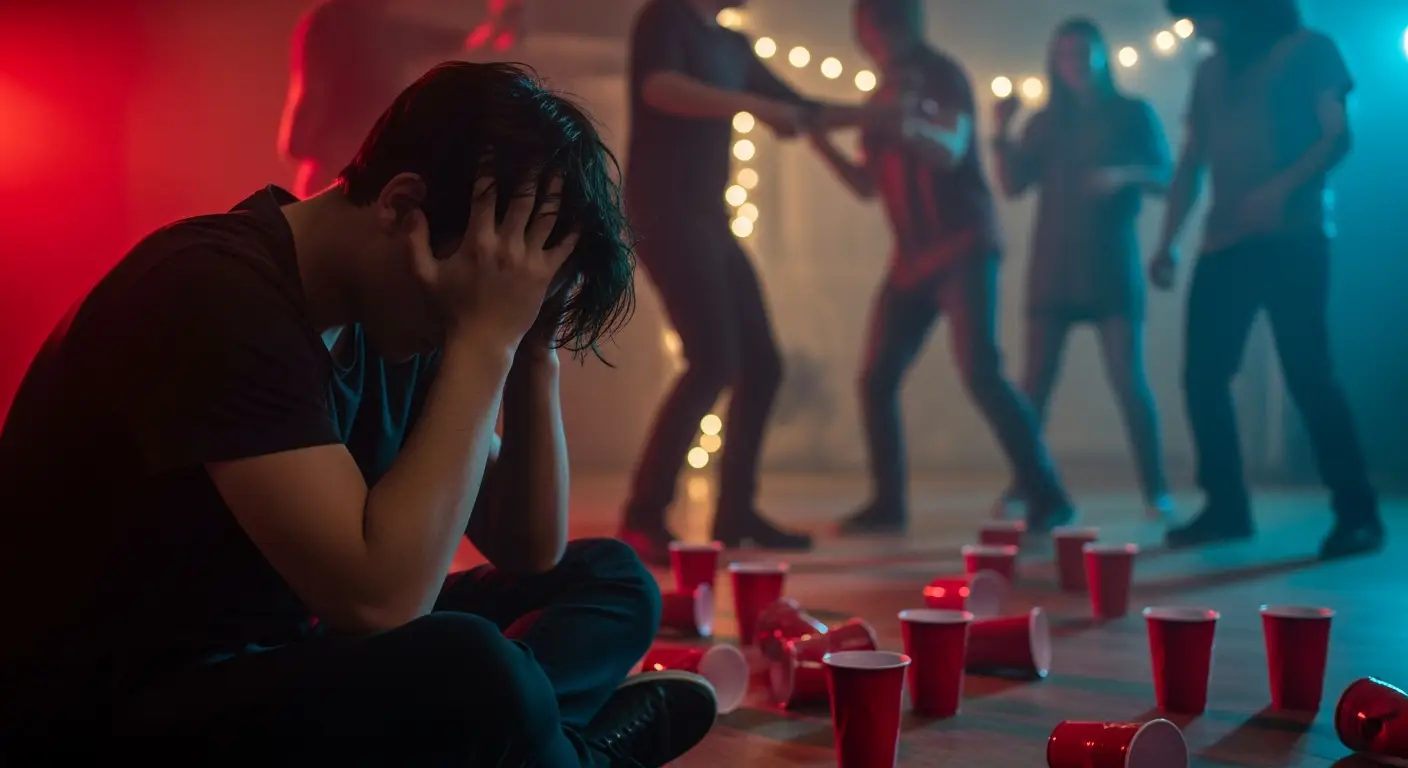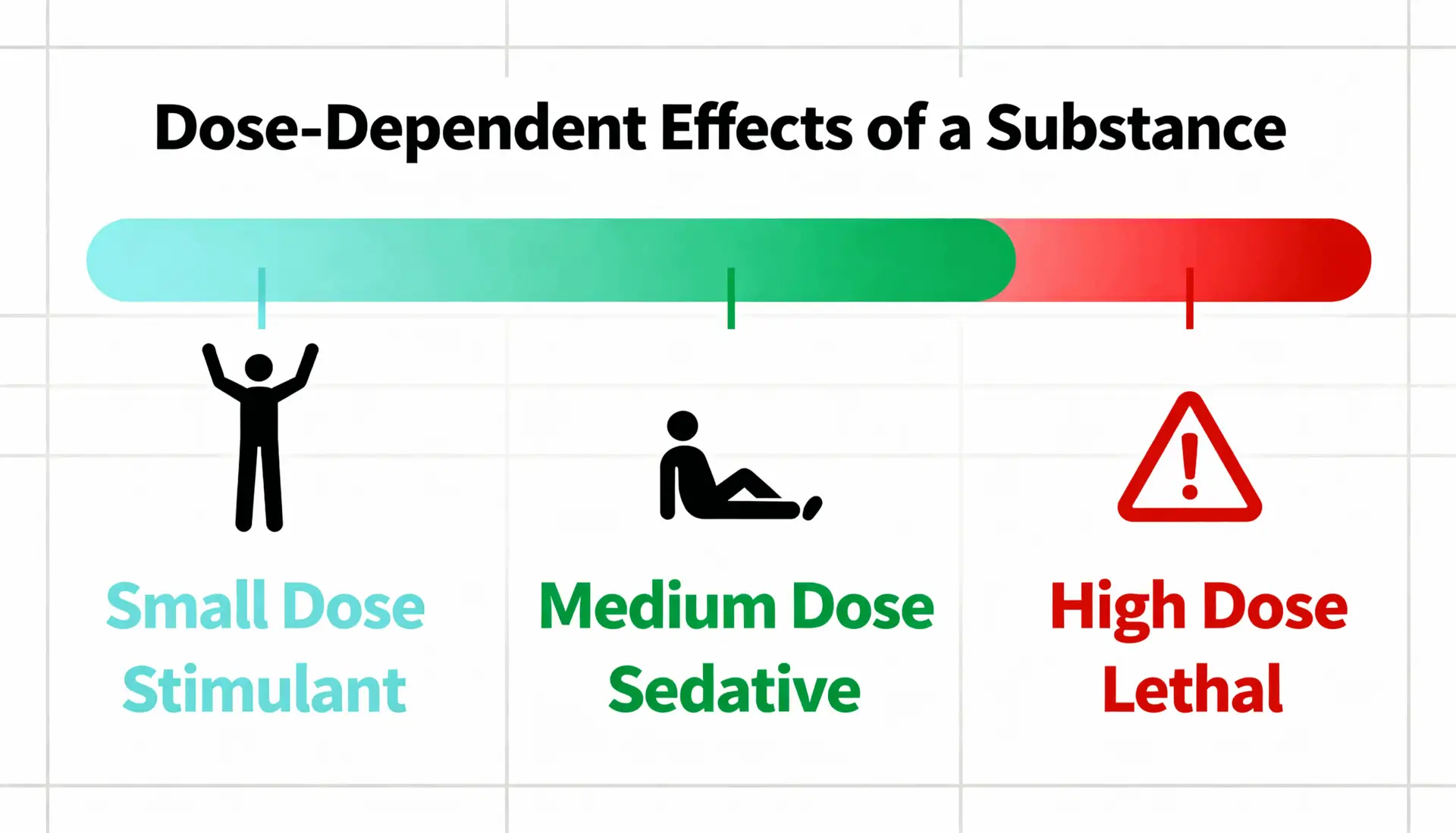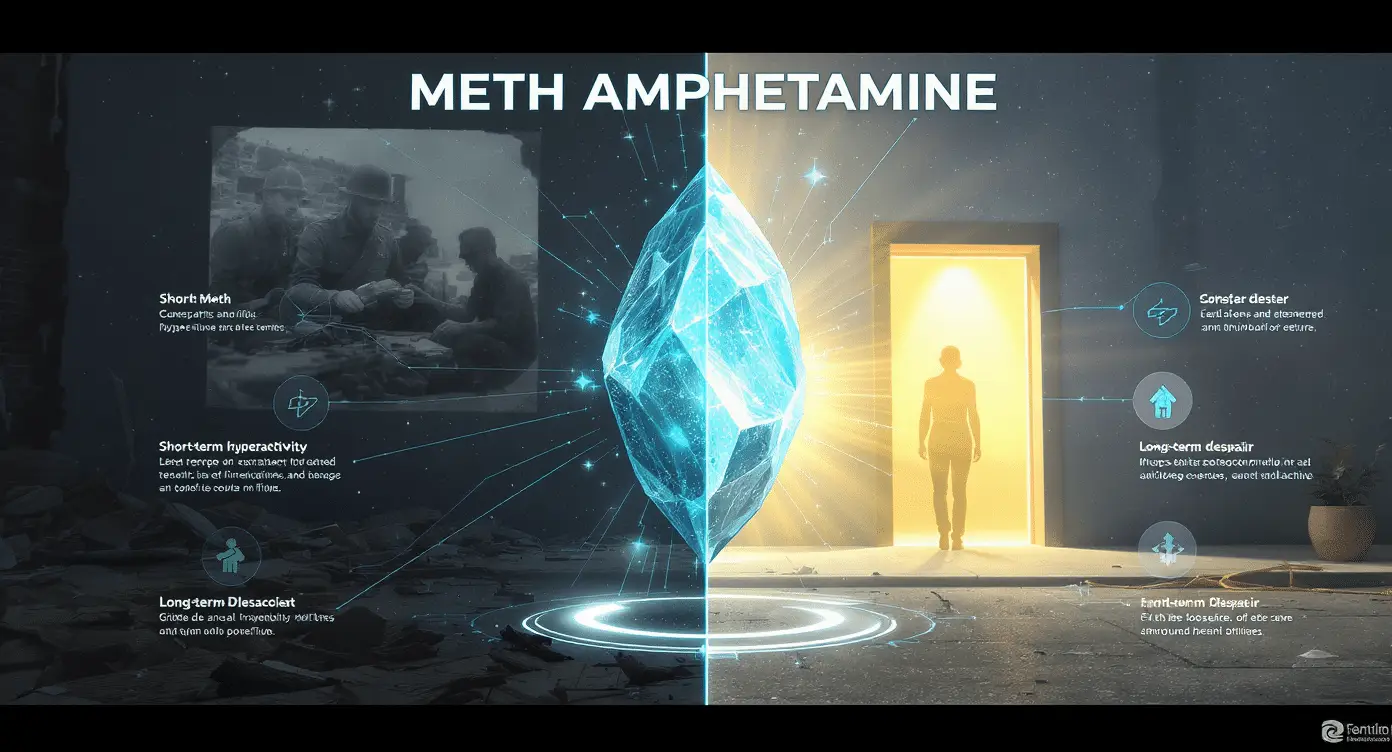Binge drinking is dangerous for teens—but many don’t realize it until it’s too late.
At parties or gatherings, it may feel like fun to drink several shots or chug alcohol quickly. But when large amounts of alcohol are consumed in a short time, the risks increase dramatically.
Binge drinking is defined as drinking 4 to 5 alcoholic drinks or more in under two hours. It overwhelms the body and mind, impairs judgment, and increases the chance of accidents, fights, and even death.
In teens, the damage is worse. The human brain continues to develop until age 25. Introducing alcohol during these critical years can disrupt brain growth, especially in areas related to memory, decision-making, and emotion regulation.
Why is binge drinking more harmful to young people?
Because the teenage brain is highly sensitive to substances. Alcohol affects areas like the prefrontal cortex, which helps control emotions and assess risks. That’s why a drunk teen may take dangerous decisions they wouldn’t otherwise take.
Add to that peer pressure, poor sleep, and low body weight, and it becomes clear: a few drinks can quickly turn into a health crisis.
Can teens become addicted just from drinking on weekends?
Yes. Even “occasional” binge drinking can lead to psychological dependence. Over time, the body adapts to alcohol. The brain starts to crave it. What started as a weekend habit becomes something harder to control.
Also, binge drinking is linked to:
- Blackouts and memory loss
- Risky sexual behavior
- School failure
- Higher risk of drug use later in life
So why do teens do it?
Many think alcohol is “safer” than illegal drugs. Some believe wine or beer isn’t dangerous. But alcohol is a mind-altering drug—legal doesn’t mean safe.
Knowing this truth early can help prevent damage that lasts a lifetime.
👉 Learn more about alcohol and its hidden effects
FAQ – Binge Drinking and Teens
Is binge drinking worse for teens than adults?
Yes. Teens are more vulnerable due to their still-developing brains and impulsive behavior.
Can weekend binge drinking lead to addiction?
Absolutely. Even if it’s only on weekends, repeated episodes can lead to dependency over time.



